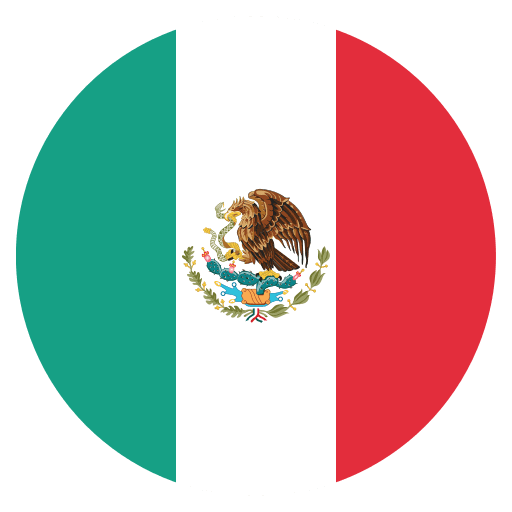




In today’s digital age, it is more important than ever to protect your online privacy and security. With the ever-increasing use of the internet for personal and professional purposes, there is a higher risk of your personal information and data being compromised. One of the best ways to protect yourself is by using a Virtual Private Network (VPN).
A VPN is a service that allows you to connect to the internet through a private network, which encrypts your data and masks your IP address. This means that your online activity is hidden from prying eyes, including cybercriminals, government surveillance, and even your Internet Service Provider (ISP). By using a VPN, you can enjoy the benefits of the internet without worrying about your online privacy and security being compromised.
One of the biggest advantages of using a VPN is that it allows you to browse the internet anonymously. This means that your IP address is hidden from the websites you visit, which makes it much harder for them to track your online activity. This is particularly important if you are accessing the internet on public Wi-Fi networks, such as those found in coffee shops, airports, and hotels. Public Wi-Fi networks are often unsecured, which means that hackers can easily intercept your data if you are not careful. By using a VPN, you can protect yourself from these types of attacks and browse the internet with peace of mind.
Another benefit of using a VPN is that it allows you to access content that may be restricted in your location. For example, some websites and streaming services are only available in certain countries due to licensing agreements. By using a VPN, you can connect to a server in a different country and access these services as if you were located there. This is particularly useful if you are traveling abroad and want to access content from your home country.
In addition to protecting your online privacy and security, using a VPN can also help you save money. Some websites and online retailers offer different prices and deals based on your location. By using a VPN to connect to a server in a different location, you may be able to access better prices and discounts. This is particularly useful when booking travel or buying online products.
When choosing a VPN, it is important to choose a reputable provider that offers strong encryption and privacy policies. There are many free VPNs available, but these often come with limitations and may not offer the same level of protection as paid services. Additionally, some free VPNs may even sell your data to third-party advertisers, which defeats the purpose of using a VPN in the first place.
In conclusion, a VPN is a powerful tool that can help protect your online privacy and security. By encrypting your data and masking your IP address, you can browse the internet anonymously and protect yourself from cybercriminals, government surveillance, and other online threats. Additionally, using a VPN can help you access restricted content and save money. When choosing a VPN, it is important to choose a reputable provider that offers strong encryption and privacy policies. By doing so, you can enjoy the benefits of the internet while protecting your personal information and data.
We are here to help.
Still haven’t found what you're looking for? Chat, email or Call our Customer Care Pro’s!

1400 Broadfield Boulevard Suite 200
Houston, TX 77084 United States
© 2025 Rural Telecommunications of America, Inc. All rights reserved.
1-844-RTA4USA
Deals
Wholesale
Business
Residential
gigFAST NETWORK ®
gigFAST IoT ®
gigFAST TV ®
gigFAST VOICE ®
gigFAST INTERNET ®
Legal
Cookies
Privacy Policy
gigFAST TV ® Privacy Policy
Acceptable Use Policy
RTA Internet Transparency Statement
Supplement to Client Services Agreement General Terms
RTA Story
RTA Careers
RTA Newsroom
RTA Blog
RTA Testimonials
Areas Served
Crystal Beach
Odessa
Midland
Smithville